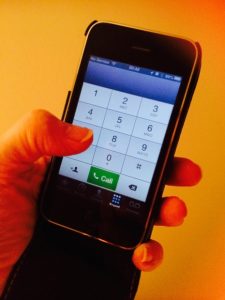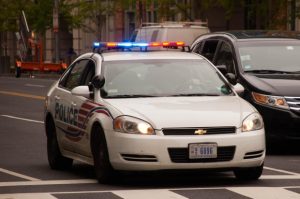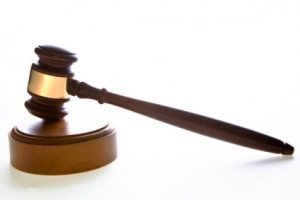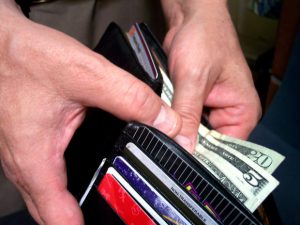Florida’s penalties for drug traffickers are harsh. With few exceptions, penalties imposed for homicide are much harsher. But increasingly, when drug users die, their dealers are being charged with their murder – thanks to a 2017 Florida law passed unanimously by the state legislature. 
For example last year, a 26-year-old father reportedly died one month after moving from Ohio to Florida, where his girlfriend and son were slated to join him weeks later. The medical examiner reported finding a form of opioid fentanyl in his system, at which point his death investigation became a homicide investigation. Several neighbors were interviewed, after which police identified the suspected dealer of the drugs in the decedent’s system. They arranged two undercover buys, after which time he was arrested for selling drugs near a school – a felony. The investigation continued, and the suspect was charged with first-degree murder in the death of the man who had overdosed.
It’s not that defendants in Florida couldn’t be charged with homicide for dealing drugs that someone later died of on overdose after using. Technically, that law has been on the books since the early 1980s, when the War on Drugs was raging. However, it was rarely used in practice, individuals were rarely convicted and it wasn’t until 2017 that fentanyl was added to the list. Now, our Fort Lauderdale criminal defense lawyers have noted an uptick in these types of criminal case. Those facing first-degree homicide charges in Florida overdose cases can, themselves, face the death penalty.
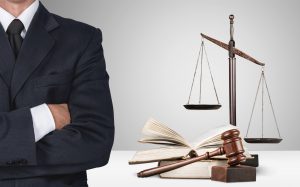
 Fort Lauderdale Criminal Attorney Blog
Fort Lauderdale Criminal Attorney Blog





